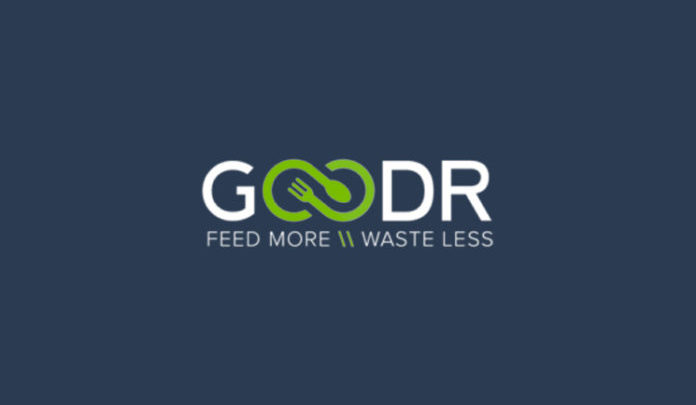Goodr Is On A Mission To Eliminate Food Wastage Using Blockchain Technology!

Our world is divided up into extreme polar societies; the ones where people don’t know how to obtain their next meal and those who have so much they don’t know what to do with it!

According to research in America, wasted food accounts for about 27% of landfills and therefore ends up being wasted while many people struggle with providing their families 3 balanced meals per day! It is obvious from the statistics that not enough is being done to tackle this horrible ordeal.
However, that may soon be changing as blockchain technology based company, Goodr is working their way to a surplus food free world!

Founded in 2017, Goodr’s operations are based in America and it provides it’s services to places in Atlanta such as Ponce City Market and Turner Broadcasting Systems. With a serious determination to grow the business over to Washington D.C, Miami, Seattle and even Chicago! Goodr began it’s operations when it started allowing local Atlanta based businesses and restaurants to send in their leftovers to different local charities through their app.
When businesses have surplus food that they want to package, deliver and then track as it is sent to a charity of their choice, a signal is sent to Goodr.
In a recent interview with CNBC, Founder and CEO Jasmine Crowe said that businesses can use the handy app to not only schedule but also track deliveries.

Blockchain technology is used in order to keep a detailed digital ledger of their client’s statistics such as daily food wastage and alternatively how they can reduce their wastage and subsequently reduce their costs. Other data that is provided also consists of overall environmental impacts and facts like what food is wasted the most. Data collected by the company includes information on what food gets wasted the most, community connections and environmental impacts.

Crowe’s vision is to eliminate all food wastage through these activities, “Our hope is definitely like most social good companies, is that we’re able to work ourselves out of business. But one of the things that we do see is that there’s really not a lot of predictability in large scale food service.”



